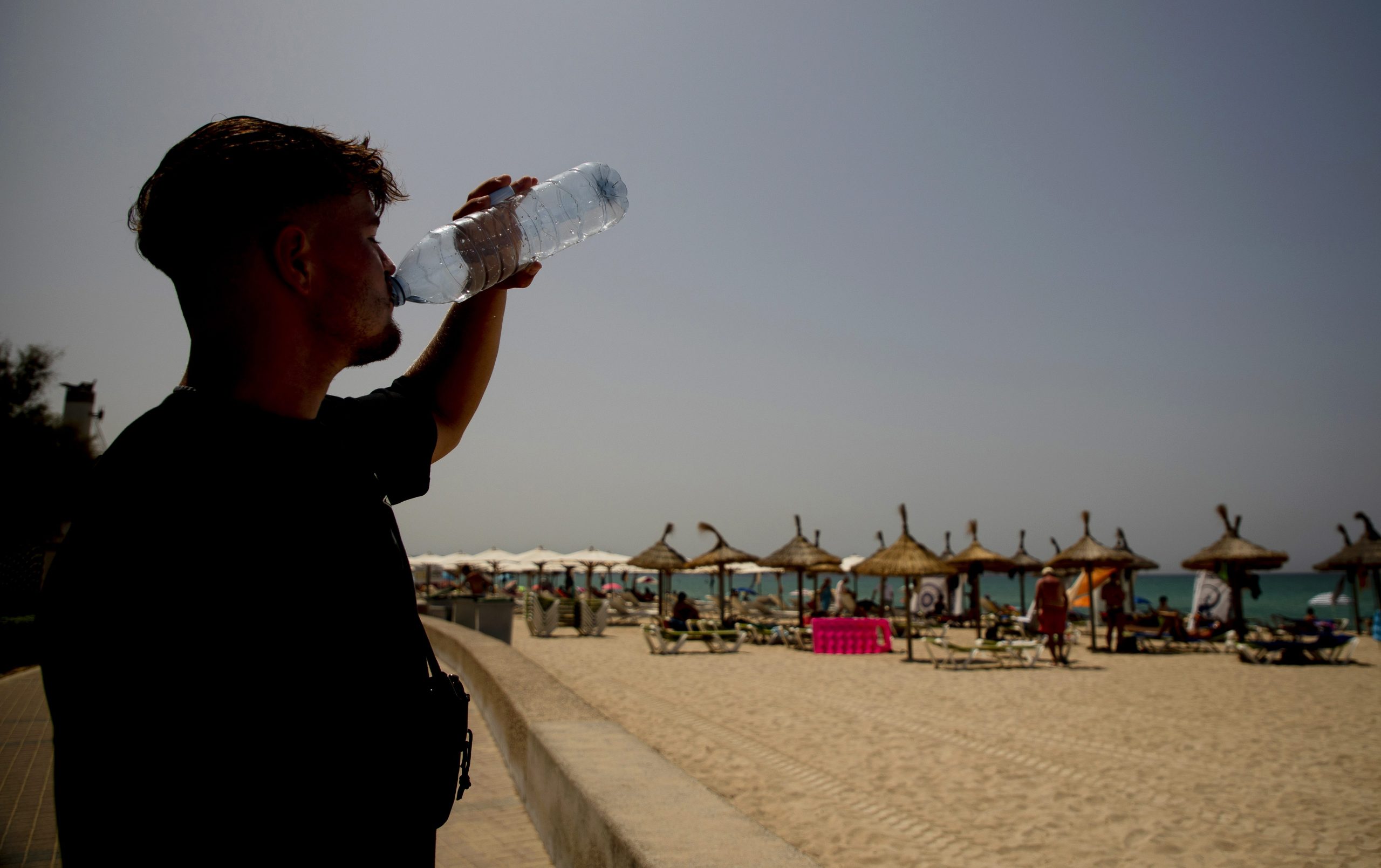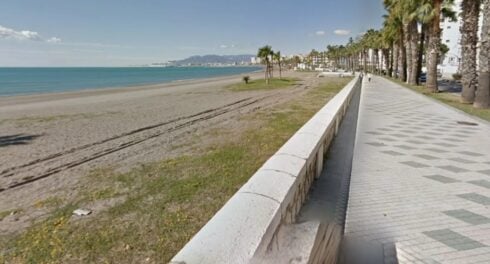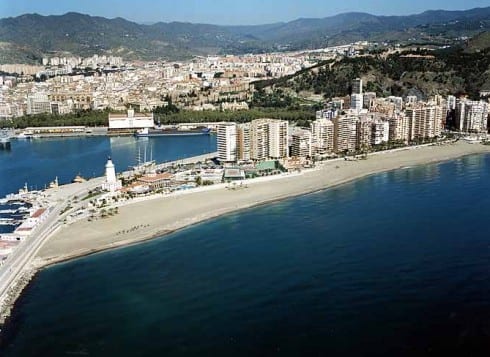THE Spanish summer is fast approaching. With sweaty nights and endlessly sunny days stretching before us, here’s what meteorologists are saying about what to expect for summer 2024.
The solstice — or the first official day of what meteorologists call “astronomical” summer — happens early this year, landing on Thursday, June 20th in the Northern Hemisphere.
It’s on this day that the sun reaches its highest position in the sky and the Earth’s North Pole achieves maximum tilt in its direction.
The night of June 20th will be the shortest of the year, with the sun not expected to set until after 9:45 in Madrid.
Officially, according to the Spanish National Astronomical Observatory, the astronomical summer will last 93 days, ending on September 22, 2024.

Of course, summer as a cultural phenomenon — at least in Spain — is already out in full swing, and will conclude for most of us with the end of summer vacations in August and the beginning of new jobs and academic years in September.
This is what’s referred to as “meteorological summer,” or the season as it’s defined by its division in the Gregorian calendar, which begins on June 1 and ends on August 31.
Although summer may not have officially started in an astronomical sense, the heat has arrived, and experts say it’s here to stay.
A late-May heatwave has pushed the mercury close to 40C in parts of the country, temperatures which the State Meteorological Agency (AEMET) has predicted will last through most of the first week of June.
According to AEMET this kind of heat is more typical of July and August in Spain, and the heatwave marks only the sixth time in history the country has reached 40C in May, the past instances being in 2006, 2010, 2012, 2015, and 2022.
The recent heatwave has also brought the so-called “noches tropicales,” or “tropical nights” to parts of Andalucia prematurely.
The expression refers to days in which the nighttime low temperatures do not dip below 20C, meaning there’s no escape from the sweltering temperatures, not even in the cool of night.
But recently, as global temperatures increase as a result of climate change and heatwaves become more intense, “tropical nights” is no longer an adequate expression to describe the discomfort brought by extreme heat.
“Torrid nights,” during which the nighttime temperature doesn’t fall below 25C, were five times more prevalent across the peninsula during the summer of 2023 compared to the 1991-2020 average, while the dreaded “hellish nights,” where nighttime temperatures don’t drop below 30C, were recorded in Jaen, Tenerife, Malaga, Melilla, and Almeria.
According to AEMET, this summer, like the last, will probably be very hot and dry.
There is a high probability that Spain will experience higher than average temperatures during the months of June, July, and August 2024, with the highest likelihood of extreme temperatures in the Balearic Islands, Canary Islands, and the southern and eastern sections of the peninsula.
And as far as precipitation, the agency predicts that the entire peninsula will experience dryer than average conditions throughout the summer, compared to averages in the period 1991-2020.
READ MORE:
- Weather warning for Spain: Temperatures to reach 40C in various parts of the country this week
- Weather warning for southern Spain: Malaga province to have one of the hottest summers in history – with no rain expected until September
Click here to read more Andalucia News from The Olive Press.








